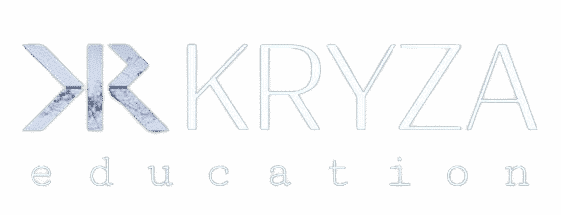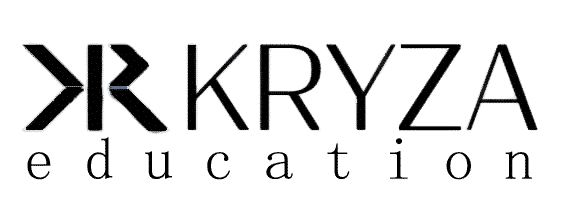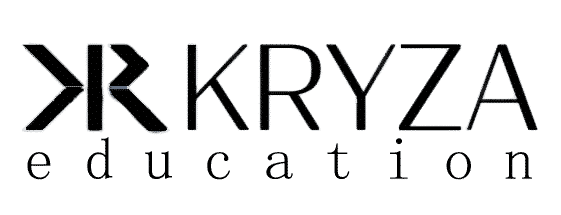What Are Nested Exchanges and Why Should You Avoid Them?
A nested cryptocurrency exchange provides its customers with crypto trading services through an account on another exchange. It does not facilitate trading directly itself. Instead, it acts as a bridge between users and other service providers. Nesting is commonly used in traditional banking to provide services a specific bank can’t, such as international transfers. In […]
About Course
A nested cryptocurrency exchange provides its customers with crypto trading services through an account on another exchange. It does not facilitate trading directly itself. Instead, it acts as a bridge between users and other service providers. Nesting is commonly used in traditional banking to provide services a specific bank can’t, such as international transfers.
In the crypto space, nested exchanges often have lax KYC and AML processes or none at all. This lack of compliance is often explored by cybercriminals. Nested exchanges support money laundering, scammers, and ransomware payments.
When you trade with a nested exchange, you are trusting it with the custody of your assets. They provide less security and fewer guarantees than a compliant centralized or decentralized exchange. You can also face legal issues for dealing with sanctioned nested exchanges.
If you use an exchange, make sure it has proper KYC and AML checks. These often take days to process. If the exchange allows you to trade almost instantly without limits, you should investigate it further. A legitimate exchange won’t hide how trades are made, and you can easily view the source of your funds on a blockchain explorer.
Course Content
What Are Nested Exchanges and Why Should You Avoid Them?
A nested cryptocurrency exchange provides its customers with crypto trading services through an account on another exchange. It does not facilitate trading directly itself. Instead, it acts as a bridge between users and other service providers. Nesting is commonly used in traditional banking to provide services a specific bank can't, such as international transfers.
In the crypto space, nested exchanges often have lax KYC and AML processes or none at all. This lack of compliance is often explored by cybercriminals. Nested exchanges support money laundering, scammers, and ransomware payments.
When you trade with a nested exchange, you are trusting it with the custody of your assets. They provide less security and fewer guarantees than a compliant centralized or decentralized exchange. You can also face legal issues for dealing with sanctioned nested exchanges.
If you use an exchange, make sure it has proper KYC and AML checks. These often take days to process. If the exchange allows you to trade almost instantly without limits, you should investigate it further. A legitimate exchange won't hide how trades are made, and you can easily view the source of your funds on a blockchain explorer.
-
Introduction
-
What is nesting?
-
What is a nested cryptocurrency exchange?
-
What’s the danger of nesting?
-
What are the dangers of nested cryptocurrency exchange?
-
What’s the difference between a nested exchange and a decentralized exchange?
-
The Suex nested exchange incident
-
How to spot a nested exchange?
-
Closing thoughts
Student Ratings & Reviews

Related Courses

I am text block. Click edit button to change this text. Lorem ipsum dolor sit amet, consectetur adipiscing elit. Ut elit tellus, luctus nec ullamcorper matti pibus leo.
Student
- Tutorials
- Resources
- Guides
- Examples
- Docs
Teacher
- Business Strategy
- Become A Teacher
- Project Management
- Membership
- Brand Assets
Useful links
- Contact
- About Us
- Privacy Policy
- Terms & Condition
- Student spotlight
Disclaimer
Our crypto assets concerned are not considered financial instruments, electronic money, structured deposit, and the activities carried out are not considered regulated activities Cryptocurrency assets has relatively huge fluctuations in their prices. Please do judge your own investment capabilities rationally and make your investment decisions cautiously. The information and analysis contained in KRYZA sites and social sites,groups reflect the privacy of the authors and is not an investment analysis or investment advice. When making any investment decision, the suitability of the given investment can only be determined by an examination tailored to the person of the given investor, for which the author of the post does not undertake and is not suitable. Therefore, before each investment decision, find out in detail and from several sources, if necessary, consult your personal investment advisor!




